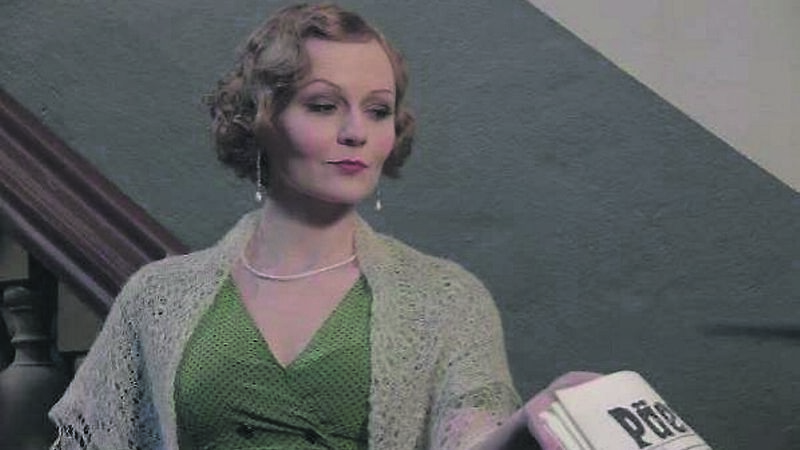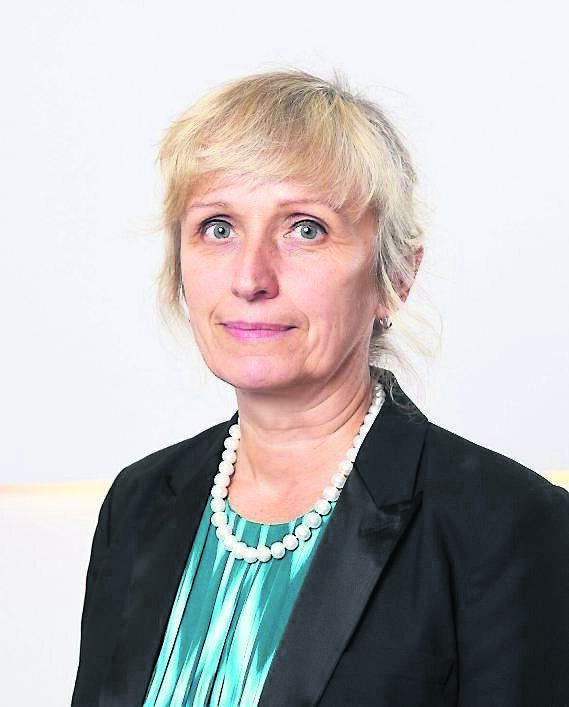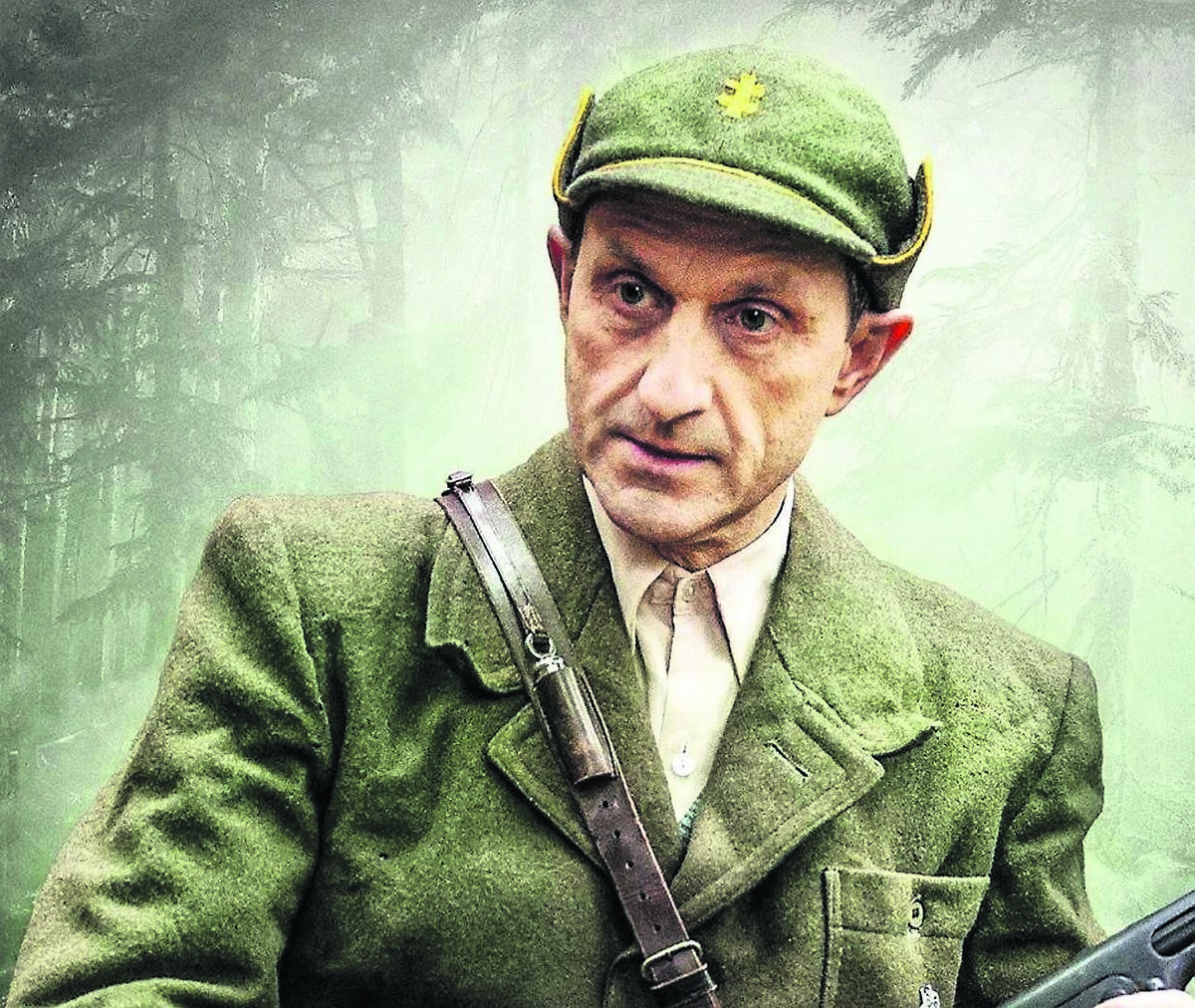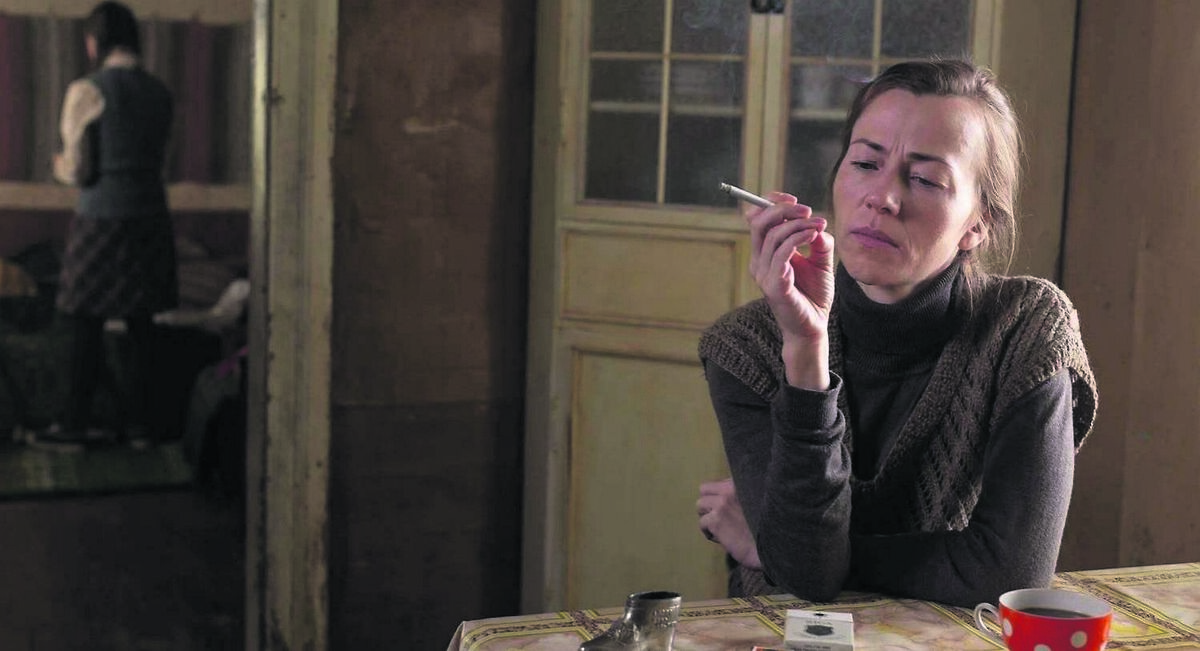Film festival in Cork showcases iconic movies from Baltic nations

A scene from Living Images, an Estonian film which tells the story of that country’s 20th century history.
ON May 1, 2004, the European Union underwent its biggest enlargement, welcoming ten new countries, including the Baltic states of Estonia, Latvia, and Lithuania.
This year marks the 20th anniversary of their membership, and to celebrate, the three countries are hosting the first-ever Baltic Film Festival in Ireland.
The festival will showcase one film from each of the Baltic states and will take place on April 19 and 20 at the Triskel Cinema.
It is organised by the Embassies of Latvia, Lithuania, and Estonia in Ireland, and helmed by the Estonian Ambassador, Kairi Künka, the Latvian Ambassador, Juris Stalmeistars, and the Lithuanian Ambassador, Marijus Gudynas.
Ambassador Künka says Ireland held the European Union Presidency at the time of the expansion and she is looking forward to the festival, which will bring Ireland and the Baltic states closer together.
“This festival will provide the people of Ireland with a unique opportunity to learn more about the lives, history and culture of the three Baltic states,” she said.

Ambassador Künka invites members of the Estonian, Latvian, and Lithuanian communities in Cork to attend the festival. “I hope that they will enjoy this unique cultural celebration,” she added. The film season will also strike a chord with Irish film fans.
Culture has always played a significant role in the EU, and the film industry is blooming across the union, including in the Baltic States. Film is a wonderful way of giving an insight into culture and allowing audiences to experience life in another country, historically or in the present day, making it a perfect medium for celebrating the 20-year milestone.
The opening night film, Living Images, is Estonian, directed by Hardi Volmer and released in 2013. It follows the story of Helmi, who was born in 1908 in a house owned by Baron von Strandmann. The house is located in the Estonian capital, Tallinn.
Helmi knows little about her parents. She knows that her mother was a servant, but everything after that is a mystery, which she gradually unravels.
Several different actors play the role of Helmi as she ages throughout the film, including Sandra Uusberg, Priit Võigemast, and Anu Lamp.
As she grows up, Helmi becomes friends with a young boy, Erik, who also lives in the house, and she gains the attention of Julius, a cinema technician.
Destiny means that Helmi will live her whole life in the house, and over the course of a century, the house, like Helmi, witnesses great changes in Tallinn, some happy, some tragic.
Ambassador Künka says the film shows the full range of 20th-century history through the lens of the house. It is specific to Estonia, but it is also a reflection of the rest of the world.
“It is a story of a meeting place of people whose destinies show the 20th-century history of Europe, first of all in Estonia, but almost in the entire world: the revolutions, wars, creation of countries, collapses, and new beginnings. The witness to these events is a top-floor apartment, which will, together with its inhabitants, witness all the dramatic events and changes around it.”
The Ambassador also says that Irish audiences will be able to relate to the film’s message.
“The story of this house is a story of Estonia, the good and the bad. It also shows that, even during the worst of times, we did not lose hope as things do change.
In a way, it is a manifestation of the value of freedom that both Estonians and Irish, because of our history, can appreciate probably more deeply than many others.

The Lithuanian offering is Kisses, Juozas, directed by Agné Zalanskaité and released last year. It is based on the true story of Juozas Vitkus-Kazimieraitis, played by Dainius Kazlauskas. He was a high-ranking Lithuanian soldier during World War II who remained in the army at the conclusion of the war.
Despite having the opportunity to travel to America and live in peace and safety, he chooses to remain and fight for his country following Soviet incursions in Lithuania.
Leading thousands of soldiers in the fight against the Soviets, Vitkus-Kazimieraitis became a national hero and a much-loved freedom fighter.
The film explores the sacrifices people make in the name of freedom and asks the audience to think about what they would do if they faced similar circumstances. Would you stay and fight for freedom or take the easier path to safety?
It is filmed in the style of a documentary, as though it was shot in the 1940s, with actors playing the parts of the real people involved.

Latvia is represented by Soviet Milk, based on a true story and inspired by the best-selling book of the same name by Latvian author Nora Ikstena. The film, directed by Inara Kolmane, was released in 2023.
Set during the Soviet occupation of Latvia from 1945 to 1989, the film is a powerful drama between a mother and a daughter, Astra (Maija Doveika) and Nora (Ruta Kronberga).
Astra is a talented doctor who rails against the Soviet regime, but her defiance has devastating consequences. She loses her career and her primary maternal connection with her baby and sinks into a deep depression.
When Nora becomes a teenager, she and her intersex friend Jesse (Zane Bierande) find a way to connect with Astra as they, too, face adulthood under the regime.
The film examines resilience and sacrifice, particularly of women, under totalitarian regimes.
The Baltic Film Festival runs from April 19 and 20 at the Triskel Cinema, For more, see www.triskelartscentre.ie







